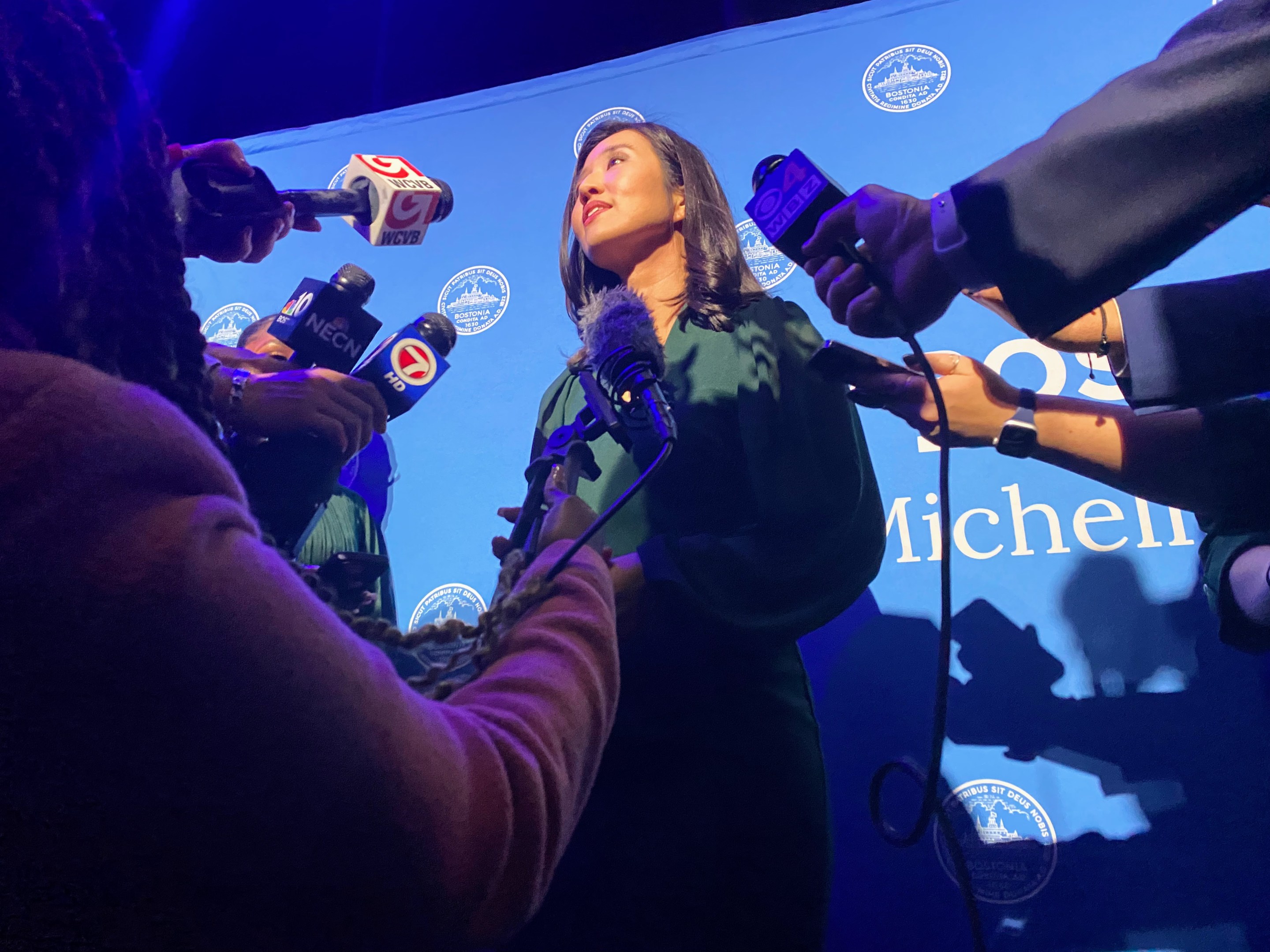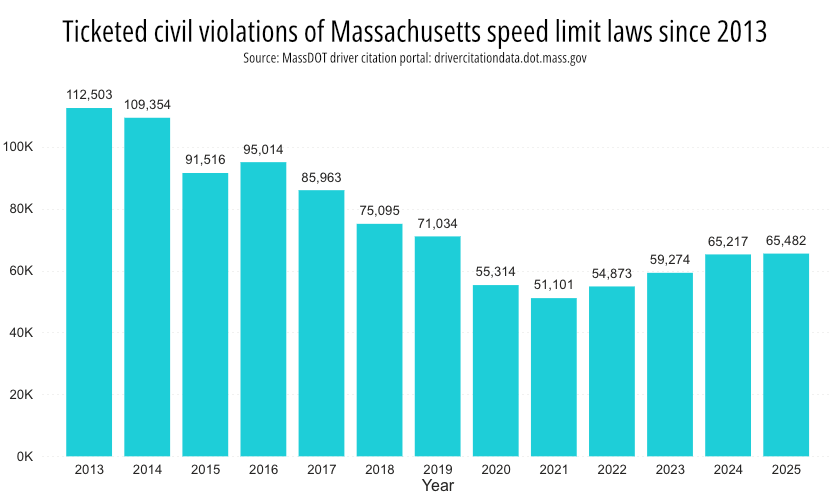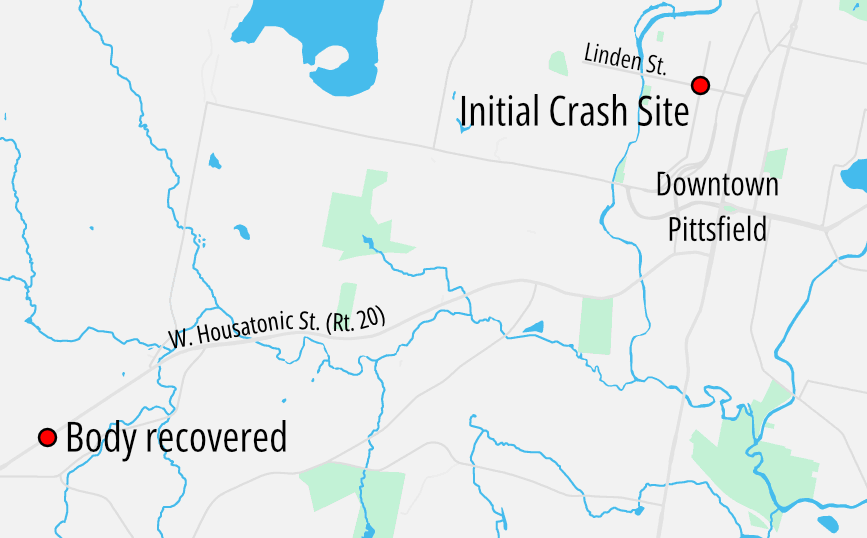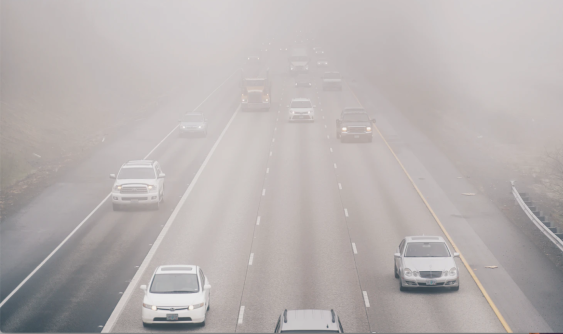Last night, Boston Mayor Michelle Wu delivered her first State of the City address to a large audience inside MGM Music Hall in Fenway.
Top on the list of priorities was housing, which dominated a large part of her speech. Mayor Wu made big declarations supporting a shift in the status quo and how planning is done in the city.
“Weʼll deploy every tool, every strategy, and every resource to create more housing that residents can actually afford,” she said.
To help support this vision, Mayor Wu says the city will be “directing the bulk of our federal recovery dollars to housing.”
The Mayor also announced that she would be signing an executive order today to establish a Planning Advisory Council to “fully integrate long-range planning, and begin modernizing our zoning code. The council will be led by (Chief of Planning, Arthur Jemison) and consist of Cabinet chiefs in capital planning, transportation, climate, housing, and the arts.”
“Our vision is for Boston to sustainably reach our peak population of 800,000 residents with the housing and schools, parks and public transit to support that growth,” said Mayor Wu.
Over the course of this year, Mayor Wu promised that a new City Planning and Design Department will replace the existing Boston Planning and Development Agency (BPDA).
Transportation occupied relatively little air time during the Mayor’s speech, but did merit a few mentions:
- The Mayor announced her administration would again push for the City of Boston to have a seat on the MBTA Board of Directors. Boston failed to secure a seat last legislative session, but has already filed a proposal this year to the state legislature.
- The Mayor also boasted about her administration’s fare-free bus pilot on three routes – the 23, 28, and 29 – which serve the neighborhoods of Dorchester and Mattapan and have been free to ride since March of last year. Line 28 was part of an initial 3-month pilot which proved to be hugely successful after ridership surged to pre-pandemic levels, and the route re-claimed its title as the Commonwealth’s busiest bus line. Fare-free operations on these three routes will continue until March 2024.
- Mayor Wu’s transportation team is accelerating over two dozen miles of new dedicated bus lanes, expanding the bike network, and organizing even more neighborhood Open Streets events. Last fall, the Wu administration announced that over the next three years her team would, “expand our bike network so that 50 percent of residents will be a 3-minute walk from a safe and connected bike route.”
Although the mayor focused more on housing issues in her speech, she also acknowledged the connections between housing, transit, and the city’s climate goals.
“Over the last decade, Boston saw the largest building boom in generations: cranes in the sky and jobs on the ground,” said the Mayor. “But that growth wasn’t harnessed for the benefit of all our communities… Not planning for affordability, and transit, meant that housing prices soared, and traffic snarled.”
Later, while discussing the city’s climate policies, Mayor Wu said that “together, we can build a Boston thatʼs more green than concrete. Where housing is a given, not a godsend, and mobility is the minimum, not a miracle.”
One of the members making up the mayor’s new Planning Advisory Council to reform the city’s zoning code will be Chief of Streets Jascha Franklin-Hodge, who in an interview with StreetsblogMASS back in 2021 recognized the strong relationship between housing and transportation.
“Thinking broadly through the lens of mode shift, we need to be making sure that we’re building buildings for the city we’re trying to become, not for the city we were in the past,” said Franklin-Hodge. “It shouldn’t be a choice between high-quality transportation options and affordability. We need to think about how we invest in making our neighborhoods great places to travel to and from, and to be in, while also preserving affordability.”






